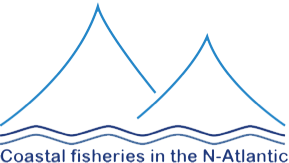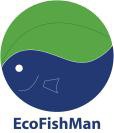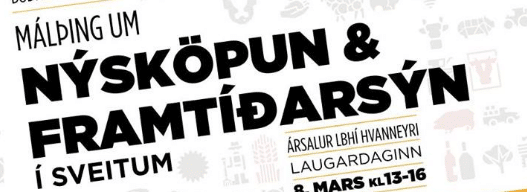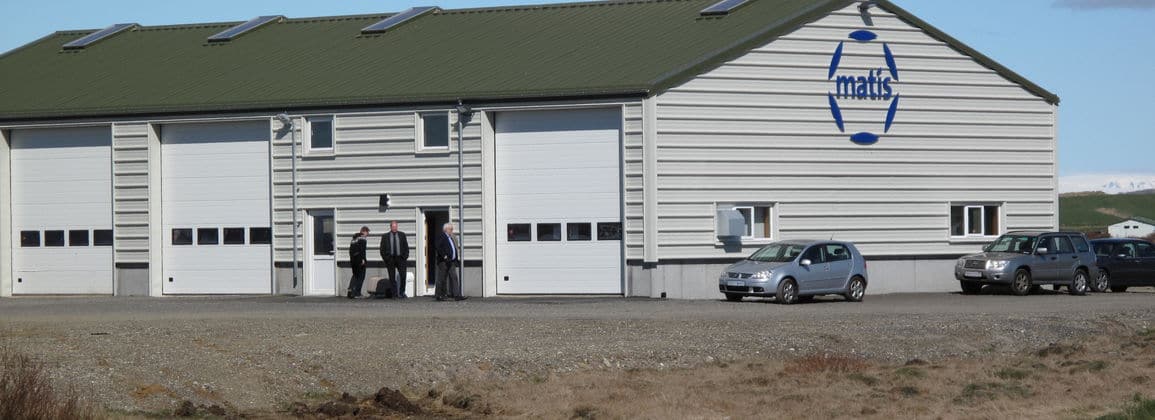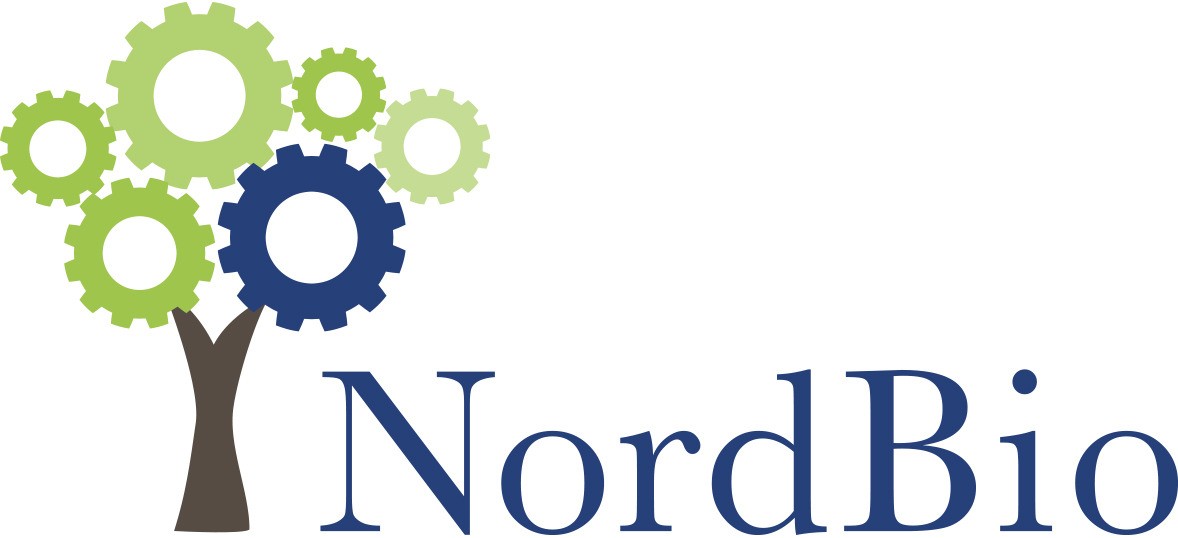Conference on small boat fishing in the North Atlantic
Ráðstefna um smábátaveiðar í Norður-Atlantshafi verður haldin í höfuðstöðvum Matís að Vínlandsleið 12 í Reykjavík dagana 25. – 26. mars
Conference on small boat fishing in the North Atlantic Nánar »
